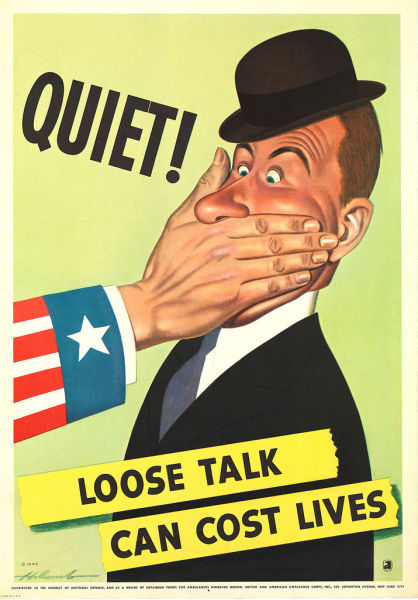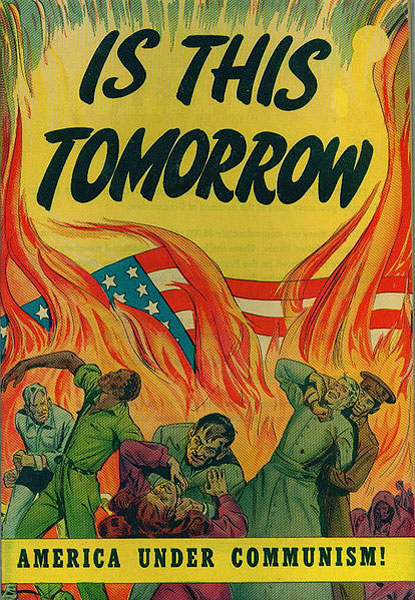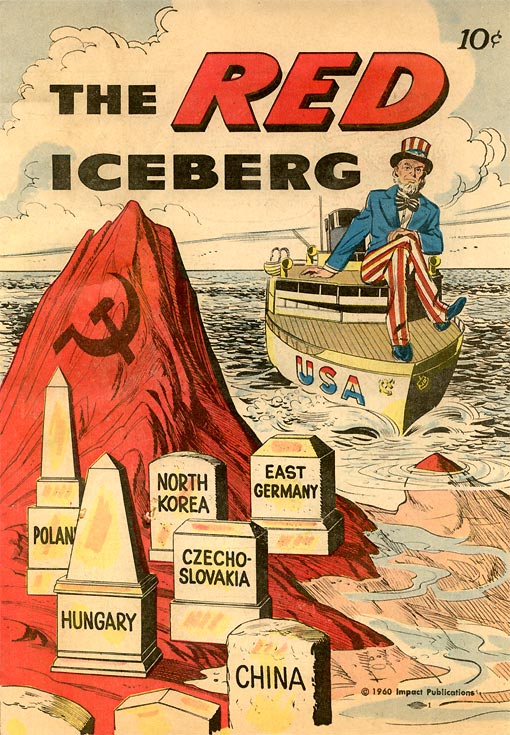.jpg)
Published on Thursday, October 14, 2004 by the LA Times, "21st Century Book-Burning: Mrs. Cheney, There's More to U.S. History than Heroes," by Steven J. Ross -- One of the marks of authoritarian regimes is their effort to stop the spread of knowledge and free speech. In May 1933, Nazi sympathizers in Berlin burned 20,000 "degenerate" books, many of them written by Jews and anti-fascists such as Albert Einstein, Bertolt Brecht and Franz Kafka. Here at home, slaveholders were so frightened by the power of the word that throughout the antebellum South legislatures made it a crime to teach slaves to read and write.

Now, Lynne Cheney, Vice President Dick Cheney's wife and the former head of the National Endowment for the Humanities, has placed herself in the company of dictators and slaveholders. At her urging, the Education Department destroyed more than 300,000 copies of a booklet designed to help parents and children learn more about America's past.
Cheney objected to the booklet's reference to the National Standards for History, guidelines for teaching history in secondary schools that were developed at UCLA in the 1990s and that suggest that American history should be taught with an eye not only to America's successes but to its struggles and dark moments as well.

Cheney could learn important lessons from the kind of history she apparently finds so un-American.
One is that the lines between authoritarianism and democracy have never been as sharply drawn as we might think. In his latest novel, "The Plot Against America," Philip Roth describes what the United States might have been like if voters had spurned Franklin D. Roosevelt and elected Charles A. Lindbergh, an anti-Semite and admirer of Adolf Hitler, as their president in 1940. In 1935, Sinclair Lewis' "It Can't Happen Here" presented a scenario in which newly elected President Berzelius "Buzz" Windrip, the demagogic darling of big business and religious extremists, stripped Americans of their rights, destroying the power of the legislature and judiciary and installing a fascist dictatorship.

What was so horrible about the National Standards for History that any reference to them would merit the mass destruction of several hundred thousand volumes of knowledge? According to Cheney, the standards failed to recognize the achievements of America's traditional heroes and focused instead on the accomplishments of women, minorities and radicals such as Harriet Tubman, the former slave who helped found the Underground Railroad. As Cheney wrote in 1994, "We are a better people than the national standards indicate, and our children deserve to know it."
Cheney insisted that the standards focused too much on the negatives of the past, on the presence of such stains on our democratic legacy as the Ku Klux Klan and McCarthyism, and not enough on great heroic figures such as Paul Revere, Gen. Robert E. Lee and the Wright brothers.

What Cheney really opposes is the prominent place that "social history" has assumed over the last 30 years. Known among its practitioners as "history from the bottom up," social historians argue that American history has too often been taught as the history of famous white men, political parties and industrialists.
Far less attention has been paid to the history of the "ordinary" people who helped build our nation. Social historians do not reject the important contributions of the former, as Cheney has repeatedly insisted. Rather, they suggest that there are two American histories worth knowing: the history of the nation and the history of its peoples. The latter is composed of a number of different histories: the history of rich and poor; of employers and employees; of men and women; of blacks, whites, Asians and Indians; of Protestants, Catholics and Jews.

As someone who has taught, written about and studied history for more than 25 years, I would suggest that good historical writing tries to help us understand the full contours of the past, paying equal attention to our triumphs and tragedies. Historians should not be afraid to hail the heroic figures of the past, but those should also include the less-than-famous men and women who struggled on behalf of democracy. Likewise, historians should never avoid dealing with the dark stories of our past such as slavery, the internment of Japanese Americans during World War II and McCarthyism. As our founding fathers understood, democracies are not perfect; they only grow stronger by learning from the mistakes of the past.
Destroying books that disagree with one's vision of history will never take us closer to truth and freedom. As President Eisenhower warned Dartmouth College graduates in June 1953: "Don't think you're going to conceal faults by concealing evidence that they ever existed." His words remain true today. [source: LA Times, Steven J. Ross is chairman of the history department at the University of Southern California and author of "Working-Class Hollywood: Silent Film and the Shaping of Class in America"]

No comments:
Post a Comment